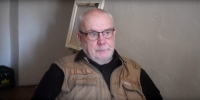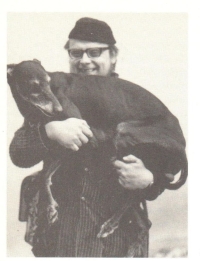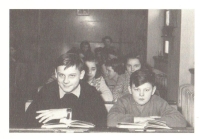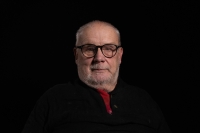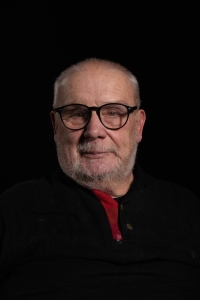I tried to approach philosophy as a way of life

Stáhnout obrázek
Zdeněk Pinc was born on February 10, 1945 in Příbram. He contracted polio as a child and had to learn to live with reduced mobility throughout his life. He graduated in Příbram and went to Prague to study at the Faculty of Arts of Charles University. During the 1960s, he was active in the student movement, participated in the reform of the CSM, founded independent student associations operating outside the National Front. He was a student of professor Jan Patočka. At the end of his studies, he worked as an editor at Literární listy, where he experienced dramatic moments on August 21, 1968. In 1969, he completed his studies at the Faculty of Arts Charles University and joined it as an internal aspirant, but he was soon banned from teaching and coming to the faculty. He briefly worked for Albatros and Zdraví magazine. In the 1970s, he worked as a Roma curator for Prague 8 and strove to improve the conditions of the local Roma community. However, after the signing of Charter 77, he was fired from this job and was gradually prevented from leading the Roma tourist club. In the 1980s, he organized residential seminars focusing on philosophy, worked as the editor-in-chief of the samizdat magazine Spektrum and also contributed to exile periodicals. He worked for the Meta cooperative employing the disabled, at the same time he worked as a night watchman and wrote texts for the radio under different names. In the second half of the eighties, he also made extra money by trading exotic birds from Siberia. After November 1989, he was appointed associate professor of philosophy and became the head of the Department of Philosophy and Social Sciences at the Faculty of Education of Charles University. At the same time, he worked as the director of the Institute of Philosophy and Religious Studies at the Faculty of Arts Charles University. He also headed the Institute of Foundations of Education, which was transformed into the Faculty of Humanities in 2000. He still teaches at this faculty today (2023).
